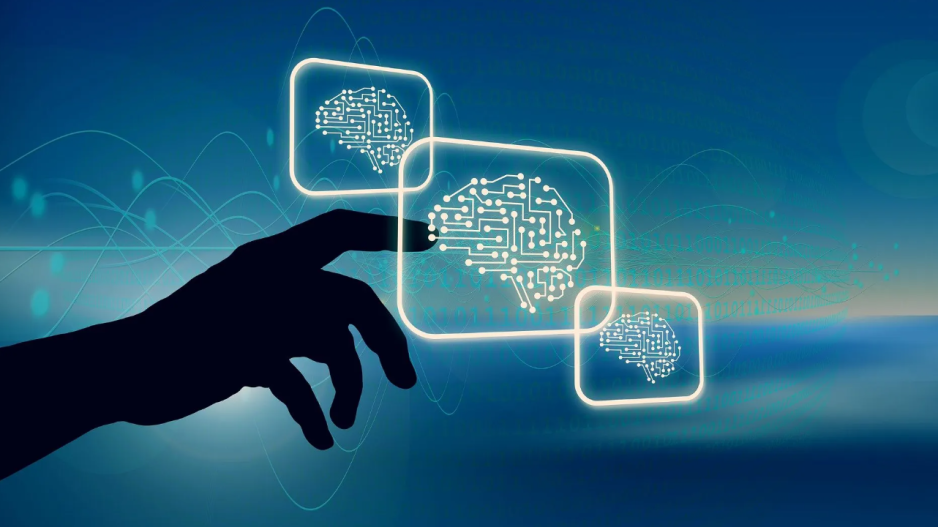What Are the Predictions of Top Tech Leaders for 2025?
The Future of AI in 2025
AI continues to dominate discussions among technology leaders, with 2025 poised to usher in a new era of transformative advancements. From reshaping workplaces to influencing consumer habits, industry experts share their insights on the opportunities and challenges ahead.
OpenAI CEO Sam Altman predicts that AI systems entering the workforce will significantly alter how businesses operate in 2025. Technologies like Agentic AI, which act as digital collaborators, could work alongside employees to enhance productivity, according to Business Insider.
Don McGuire, CFO of ADP, revealed that his company leverages AI to assist sales representatives and prepare investor materials. McGuire emphasized ADP’s commitment to investing further in AI innovation throughout 2025.
Amazon CTO Werner Vogels highlighted a shift in workforce values, with employees increasingly prioritizing positive social impact over financial success. Vogels described this evolution as a "silent revolution," adding that using technology for good has become both an ethical responsibility and a lucrative opportunity.

Vogels also foresees a change in how consumers interact with technology, with a growing preference for conscious use over distractions. Highlighting the link between social media usage and mental health issues, he emphasized the need for a healthier relationship with digital devices.
Meanwhile, AI entrepreneur Clément Delangue predicts a public backlash against AI in 2025, possibly leading to the first large-scale protests related to its societal impact. Delangue also anticipates increased interest in futuristic gadgets like personal AI-powered robots, estimating at least 100,000 preorders for such devices by year’s end.
With Donald Trump’s second presidential inauguration approaching, his promise to impose high tariffs on imported goods looms large. Michael Perica, CFO of Rimini Street, warns that these tariffs could lead to higher consumer prices, layoffs, and adjustments to supply chains. Companies may need to reassess priorities, focusing on essential projects to navigate potential economic disruptions.






